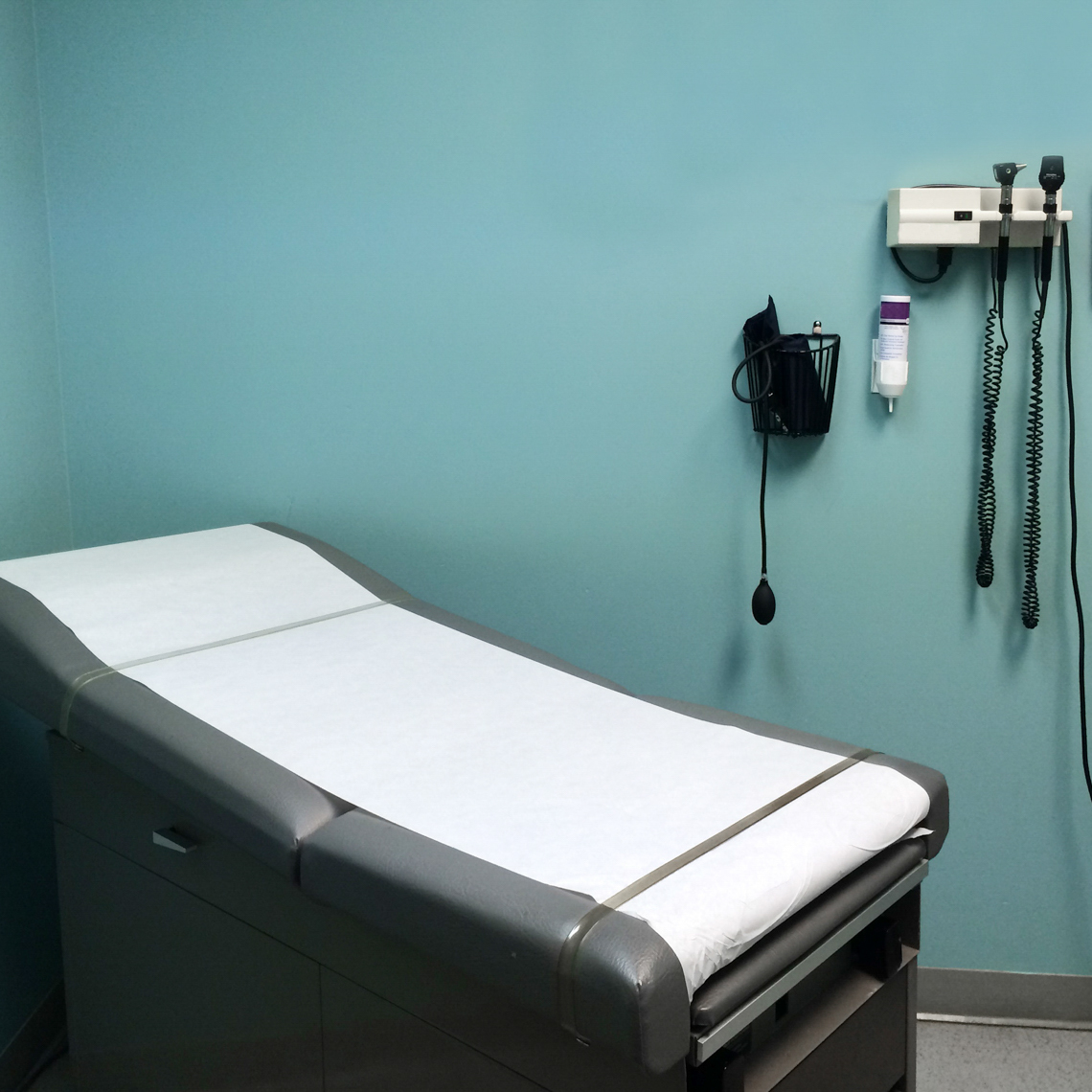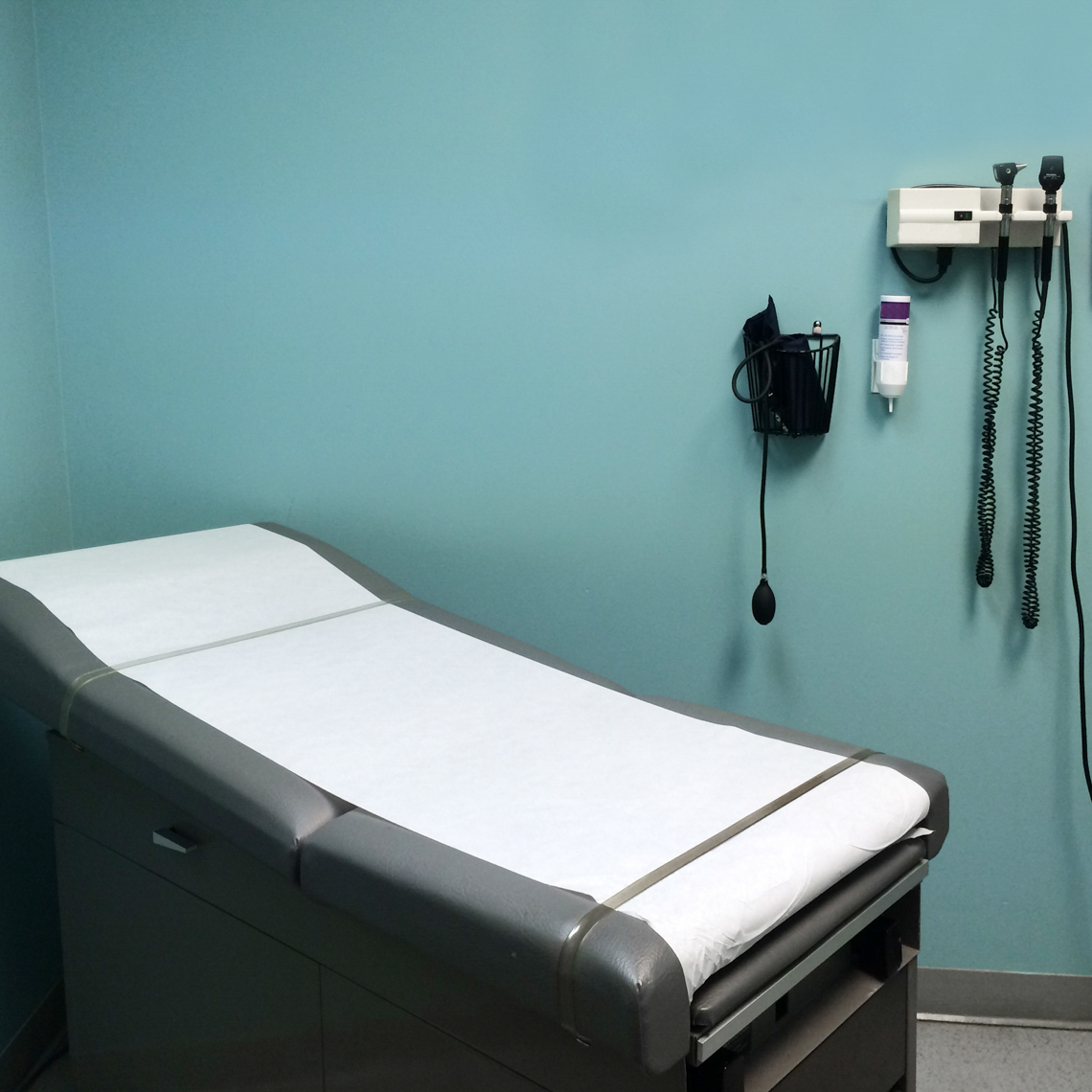Web pages, one page handouts, and slideshows for presenters.
Article
Are You Safe? Library
Office-based events that trigger malpractice cases present valuable opportunities to identify vulnerabilities in communication, clinical judgment, and patient care systems. The Are You Safe? cases are designed to help all members of a multidisciplinary team reduce the risk of patient harm in the course of diagnosis and treatment. Learn More >>
Are You Safe? Case Studies
Office-based events that trigger malpractice cases present valuable opportunities to identify vulnerabilities in communication, clinical judgment, and patient care systems. The Are You Safe? cases are designed to help all members of a multidisciplinary team reduce the risk of patient harm in the course of diagnosis and treatment.
Closing the Referral Loop
- Are we properly tracking test results and referrals?
- Am I Sure My Patient Got the Test I Ordered?
- Is My Specimen Handling Process Reliable?
- Who is Responsible for Follow Up?
Partnering with Patients
Reliable Diagnoses
Standard Communication

How to Earn Category 2 Risk Management Credits
This Are You Safe? case study is suitable for 0.25 AMA PRA Category 2 Credit™. This activity has been designed to be suitable for .25 hours of Risk Management Study in Massachusetts. Risk Management Study is self-claimed; print and keep this page for your record keeping.
Related Articles
Resources for Presenters


